Living Its Values, the Reconstructionist Rabbinical College Reckons With Its Own History
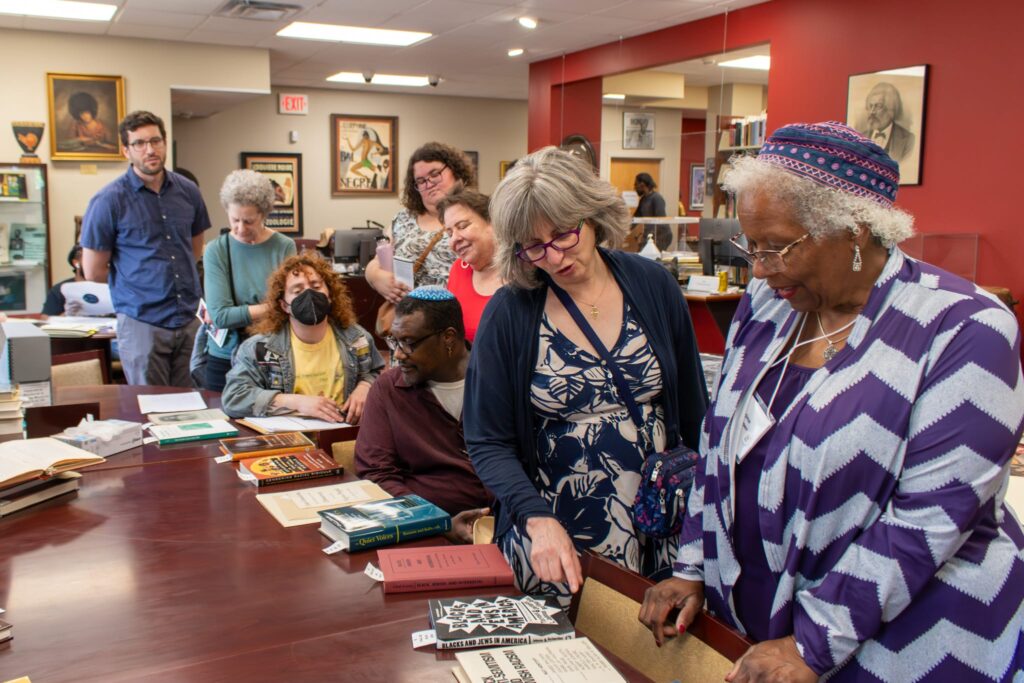
The Reconstructionist Rabbinical College is bringing a racial justice lens to the story of its nearly 60-year history, especially when it comes to the context surrounding its 1982 move from North Philadelphia to a nearby suburb.
Rabbi Mira Wasserman Confronts Slavery in Jewish Sources

Rabbi Mira Wasserman, Ph.D., exemplifies the Reconstructionist approach to challenging Jewish texts by investigating how enslaved people are depicted in the sources.
In Sorrow and in Conviction: Reflections After Boulder
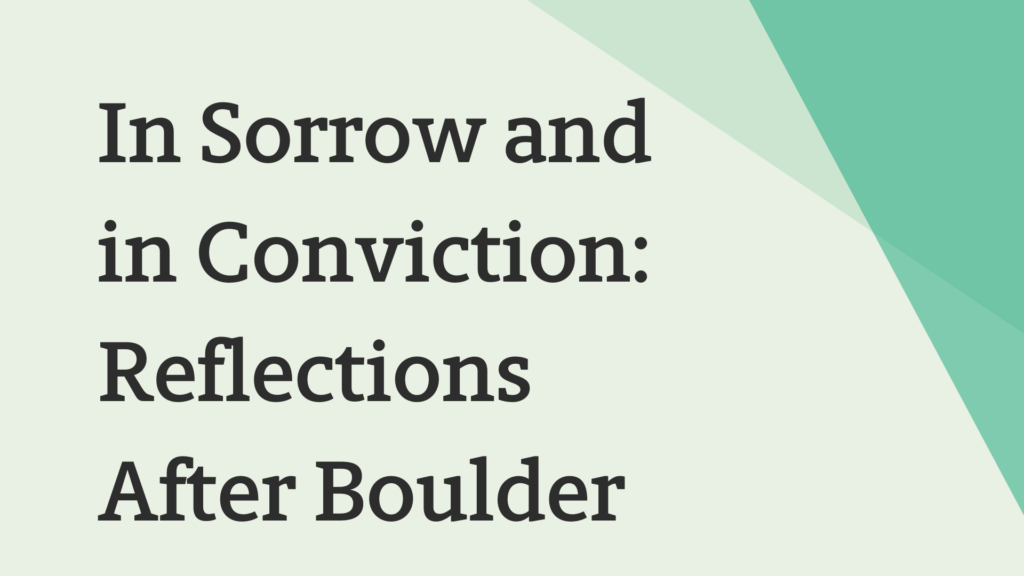
According to Mordecai Kaplan’s teachings, which have long resonated with me and so many others, to be Jewish in America is to live simultaneously in two rich civilizations, the Jewish and the American civilizations, both full of promise and character-shaping values. To be Jewish in America is to draw deeply from both of these civilizations in order to contribute meaningfully to both of them. As deeply as Kaplan believed this, living it out was often challenging in his day. Increasingly, it is challenging in our day as well.
A Year of Reflection and Transformation: Lessons in Anti-Racist Spiritual Practice
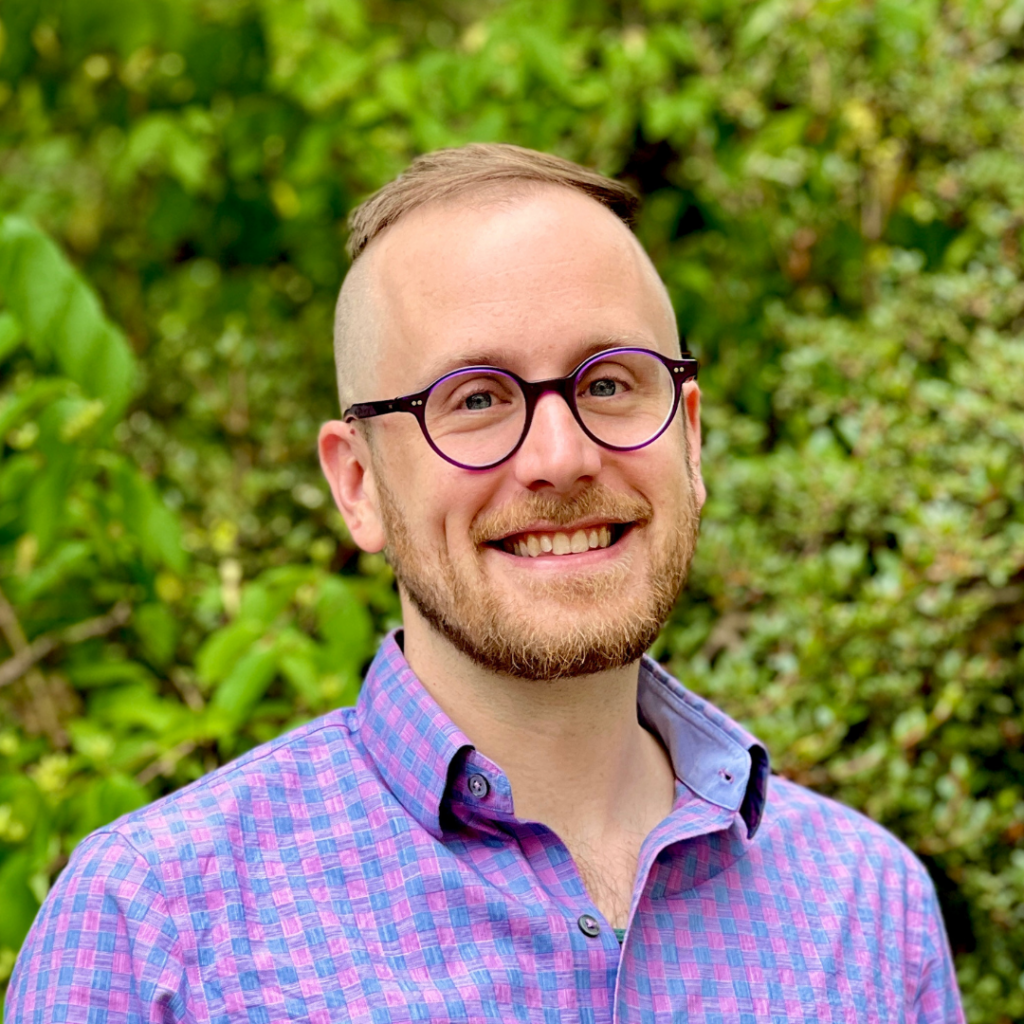
On Oct. 17, 2023, nine members of the faculty and faculty affiliates of the Reconstructionist Rabbinical College (RRC) were scheduled to gather over lunch. We were poised to begin a yearlong journey of anti-racist spiritual practice grounded in the teachings of mussar (Jewish ethical practice) and hasidut (mysticism).
Processing the RRC Faculty Study Tour to Israel and Palestine
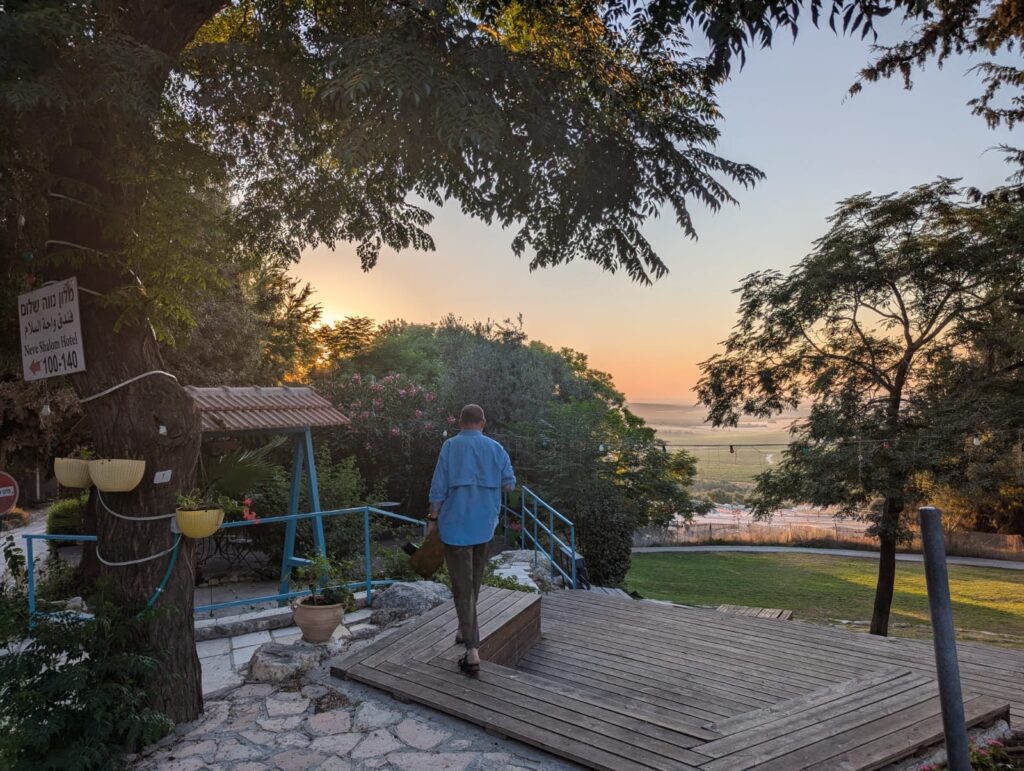
Returning from a week of learning and conversation as part of the RRC Faculty Study Tour, Rabbi Alex Weissman reflects and processes his time in Israel and Palestine.
RRC Faculty Arrives in Israel for Study Tour to Enhance Rabbinic Education
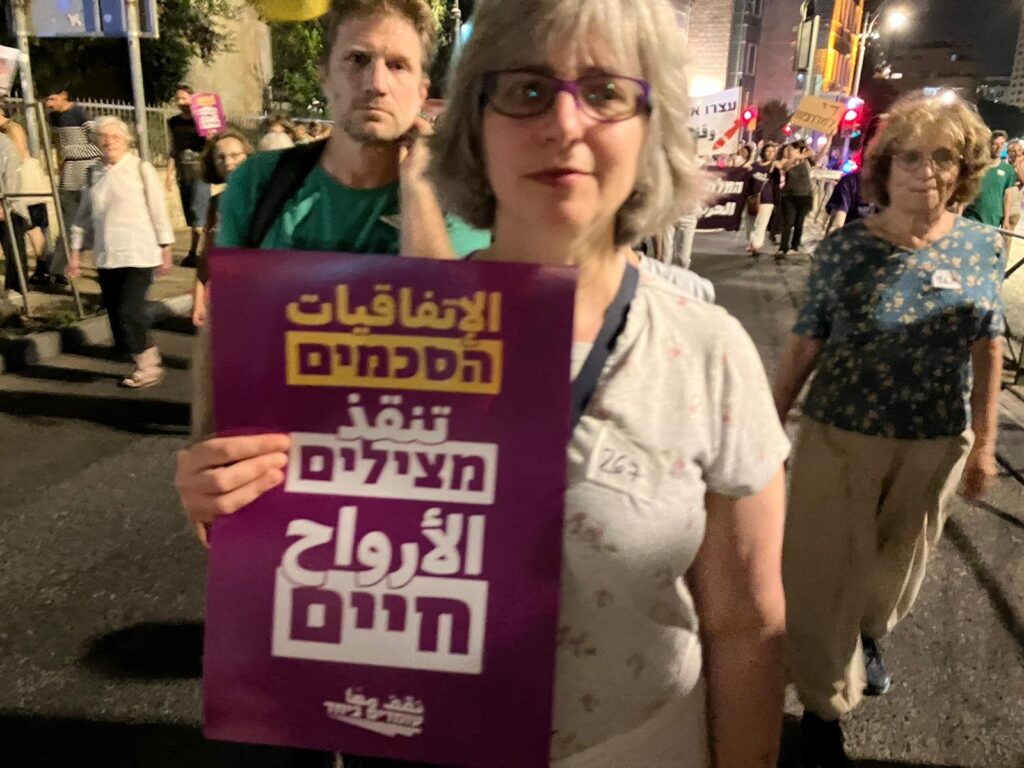
Members of RRC’s faculty are taking part in a study tour as an expression of the college’s commitment to Israel education as a core component of the rabbinical school curriculum.
‘Dismantling Racism from the Inside Out’
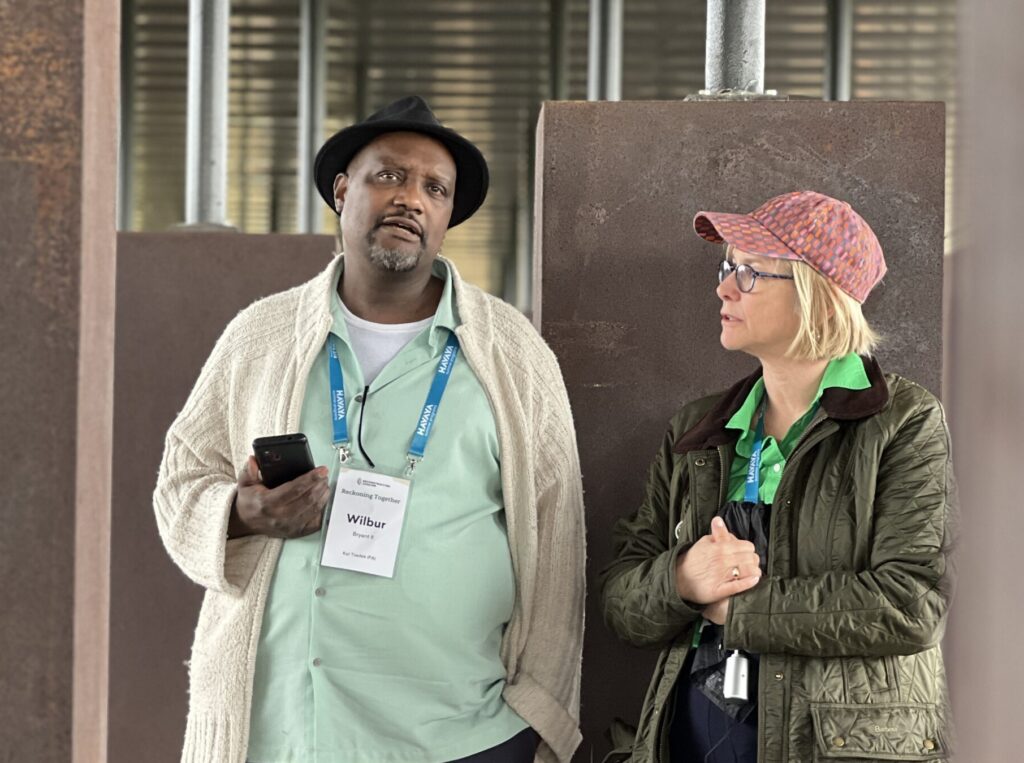
When it comes to combating systemic racism, everyone has something to learn.
That’s one reason why faculty members at the Reconstructionist Rabbinical College are engaging in a year-long process — one rooted in the Jewish practice of Mussar — to confront anti-Black racism in themselves and the college environment.
Power to Which People? American Jewish Philanthropy & Democracy
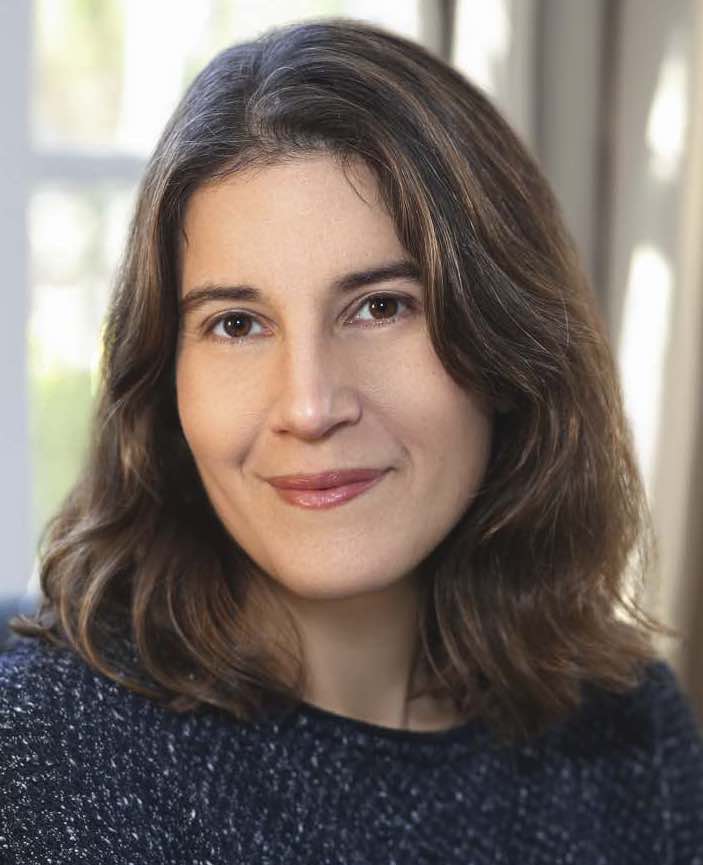
The fellowship is meant to honor of the work of two retired faculty member: Rabbi Mordechai Liebling, RRC ‘85, who started RRC’s social justice organizing program, and Rabbi Nancy Fuchs Kreimer, Ph.D., RRC ‘82, who pioneered the college’s approach to multifaith studies.
As part of the fellowship, Plevan also will be taking part in a March 20 panel discussion, “Democracy and Judaism: Does One Need the Other to Thrive?”, organized by the Reconstructionist Rabbinical Association, the Kaplan Center for Jewish Peoplehood and A More Perfect Union: Jewish Partnership for Democracy (register here.) Democracy comes up in many of Plevan’s classes at RRC, particularly a course examining democracy and Jewish sources. He said to expect fall programming in advance of the 2024 elections.
Taken together, the fellowship will explore and champion how Reconstructionism teaches that participatory democracy is vital for religious flourishing.
“For many people, religious pluralism means keeping religion outside of the public realm,” said Plevan. “That wasn’t Kaplan’s view at all. He taught that what a thriving democracy needs is having different kinds of peoples and traditions and ideas contributing to public life.”
Songs for the Jewish Climate Movement

Several Reconstructionist Rabbinical College graduates and others affiliated with the movement are featured in “Rising Tides, Riding Voices: Songs for the Jewish Climate Movement.”
‘Race, Religion and American Jews’: A Wide-Ranging Project Reaches Beyond the Academy, Inviting Conversation
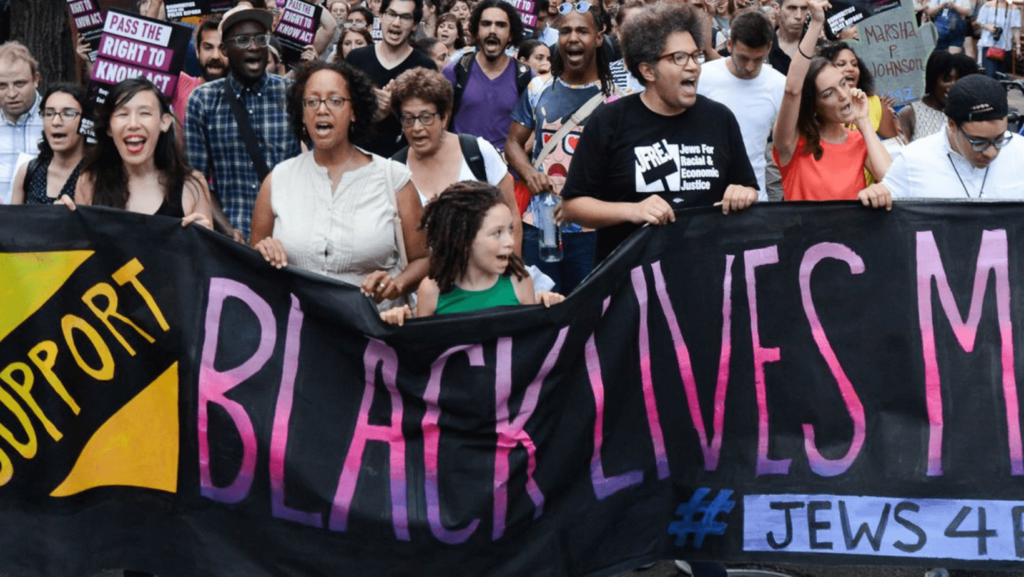
The results of the Center for Jewish Ethics project — a trove of video lectures, curricula and lesson plans — are now freely available at Jewsandrace.com. The materials offer profound insight into the range, depth and complexity of the moral, historical and practical questions that race and racism pose to Jews and Judaism.





